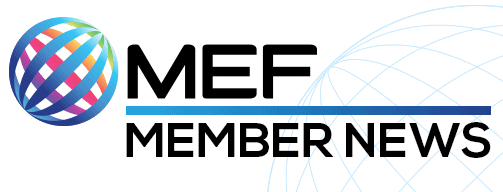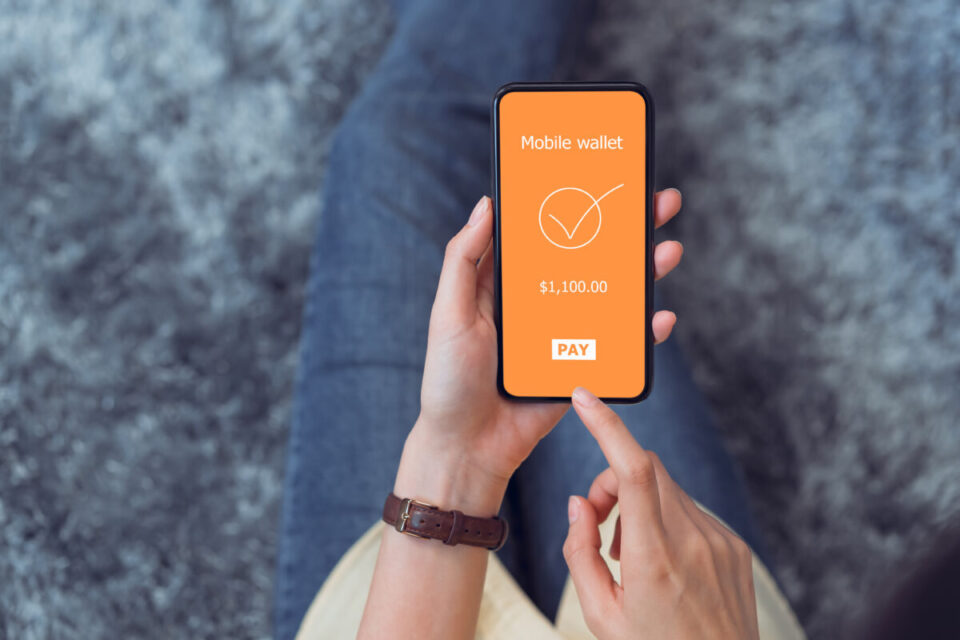Get the latest announcements from MEF Members across the mobile ecosystem globally in this weekly review of member news…

Boku Launch M1ST To Provide 5.7 Billion Accounts With Over 330+ Mobile Payment Methods
Boku Inc. has announced the launch of the M1ST (aka Mobile First), the world’s largest mobile payments network. The M1ST Payments Network features an unrivalled 330+ mobile payment methods, including mobile wallets, direct carrier billing, and real-time payments schemes, reaching 5.7 billion mobile payment accounts in 90 countries – all through a single integration.
1.7 billion consumers have joined the world’s middle class in the past decade, with over 90% of the new middle class in emerging markets (Brookings Institute, 2020). Many of the world’s new middle class in Asia, Latin America, Africa and the Middle East are bypassing credit cards, and moving from cash to mobile payments like GoPay, Paga, PicPay and UPI. According to the World Bank, 45% of consumers globally use mobile wallets vs. just 18% that use credit cards for payments.
A Successful Pilot: iconectiv, CTIA, Metaswitch and Verizon Address the Benefits of a Centralized Industry Registry for Verifying Voice Calls
Verification of voice calls is critical. Studies show that 71 percent of consumers no longer answer their phone, and 58 percent only answer calls from numbers they recognize. With the ever-growing number of options for enterprises to deliver phone calls, authentication efforts have become complex. Luckily, extensive industry initiatives, including production services and solution pilots, have been successfully implemented.
Telephone companies are increasingly adopting a centralized approach that simplifies verification for the entire ecosystem. Recently, Verizon participated in a proof-of-concept trial with Metaswitch, integrating Registered Caller™—the industry-backed centralized registry for verifying voice calls created by CTIA and iconectiv.
During a one-hour panel, executives from CTIA, iconectiv, Metaswitch and Verizon covered the recent trial, as well as the benefits of a centralized registry to the industry, service providers, enterprises, and consumers.
Read more…
ComBank first with banking services via Viber
The Commercial Bank of Ceylon has become the first bank in the country to launch a facility that enables the bank’s accountholders and non-customers alike to seamlessly enjoy real-time banking services delivered through an interactive artificial intelligence (AI) chatbot on Viber.
With the launch of this service, Viber users can benefit from uninterrupted banking services any day of the week, including on holidays, from wherever they are, the bank said. ‘Bank with ComBank on Viber’ eliminates the need for customers to visit a Commercial Bank branch for basic banking services.
Rakuten Viber APAC Senior Director David Tse noted: “We are proud to be part of this unique milestone of partnering with Commercial Bank as the first bank in the country to launch seamless and secure banking facilities via Viber for its customers. As a pioneering local bank, Commercial Bank recognises that innovation is key to improving customer experiences, and through Viber they can provide an accessible, interactive channel for customers, reimagining customer service using technology.”
Read more…
Customer data platform Zeotap raises $11M more
Zeotap, a customer data platform (CDP) headquartered in Berlin, Germany, today announced that it closed a $11 million extension to its series C round, bringing its total capital raised to $90 million. Participating investors included Liberty Global Ventures, which CEO Daniel Heer says will support Zeotap as it invests in product R&D and workforce expansion.
The adoption of CDPs is expected to grow as companies look to better use data to improve customer experiences. While some research suggests that CDP uptake has been hampered by data immaturity, the global CDP market is anticipated to reach $15.3 billion in value by 2026.
“Zeotap’s drive to put privacy at the heart of customer data initiatives is unique in the space and arrives exactly when the market needs it more than ever,” Virgin Media O2 chief digital officer Kay Schwabedal said in a statement. “It’s no surprise that this has resulted in an incredible growth trajectory, and we’re thrilled to be on board to support this mission.”
Since its last funding round in 2020, Zeotap notched 126% annual recurring revenue growth and a 201% year-over-year climb in subscription revenue. Heer attributes part of the expansion to the launch of the company’s Predictive Audiences feature, which enables customers to create AI-powered customer analysis modules without code.
“With our last investment round and extension so oversubscribed, we’re pleased to now have the opportunity to bring new investors on board,” Heer added in a press release. “This further fuels the incredible momentum that we’ve generated since the launch of our platform, and we’re excited to have even more support on this journey.”
Read more…
Smishing and spoofing targeted for eradication by SMS Protection Registry
The Mobile Ecosystem Forum’s (MEF) SMS Protection Registry, which was developed and piloted in the UK, is now being launched in Ireland and Singapore. The Registry is designed to significantly reduce the impact of ‘smishing’ and spoofing via fake SMS messages from criminals, helping to protect consumers and companies alike.
In the UK, many major banks and government brands are now better protected, with 352 trusted SenderIDs registered to date. Furthermore, over 1,500 unauthorised variants are being blocked on an ever-growing list, including 300 senderIDs relating to the government’s coronavirus campaign.
Dario Betti, CEO of MEF, said: “There are millions of faked SMS sent by fraudsters trying to steal passwords every day. We need to help consumers and organisations fight back. Thanks to the collective efforts of the British mobile industry, MEF has managed to show a way: a Registry for SMS short-code names. The fight against fraudsters is a relentless one, it will never stop. But we are happy to celebrate one successful tool created in the UK”.
The MEF’s SMS Protection Registry reduces the ability for fraudsters to send messages impersonating a brand in the message header, by checking whether the sender using that sender ID is authorised by the merchant or brand. If not, messages from this route are blocked as fraudulent, ensuring SMS remains a trusted communication channel for brands and consumers alike.









